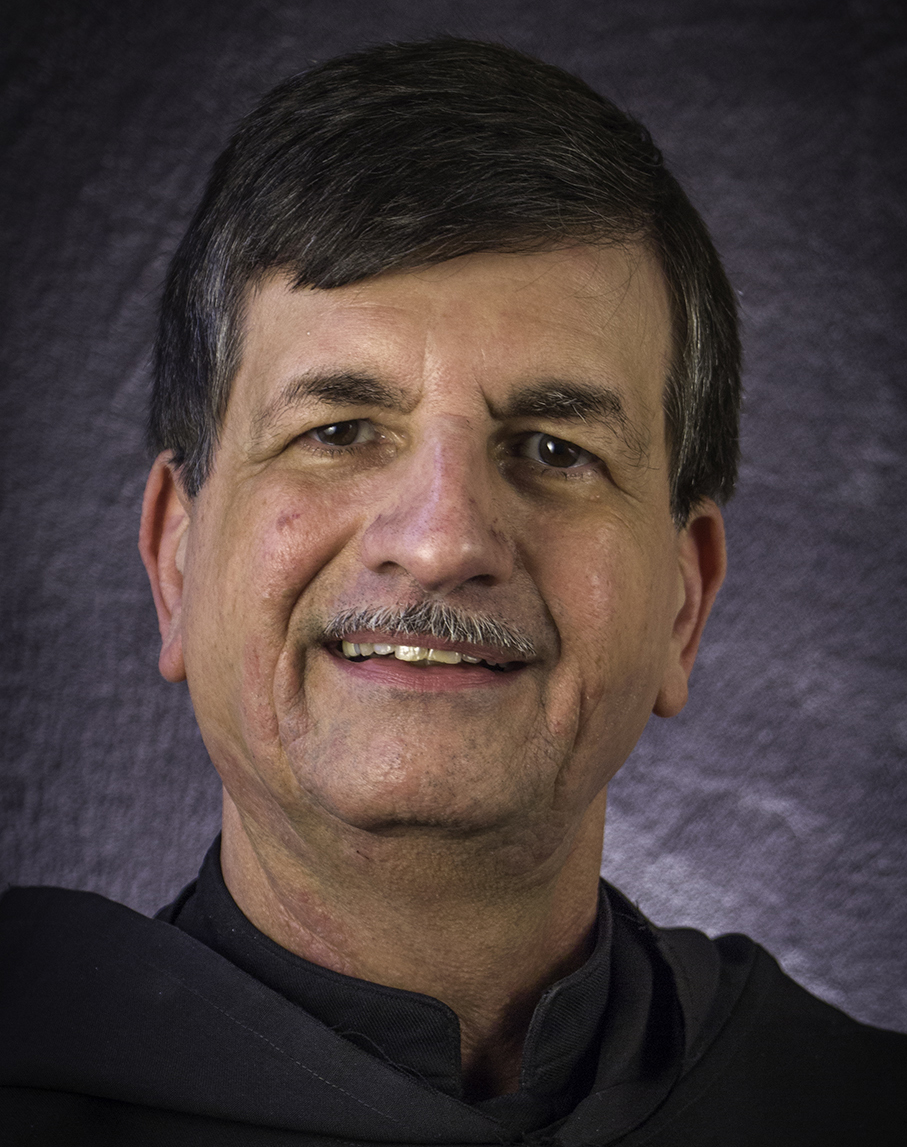Assumption Catholic Church
323 West Illinois Street - Chicago IL 60654
| HOME |
Pastor's Messages Fr. Joseph Chamblain, O.S.M. Pastor
|
 |
| 2/1/2026 | Fr. Joseph Chamblain, OSM |
| THE CITY OF GOD | |
The intersection of church and state, religion and politics, is a topic that goes back centuries and centuries. One of the most famous books addressing this issue is St. Augustine’s fifth century classic, The City of God. Augustine defends the church against the charge that the emergence of Christianity led to the fall of Rome. Augustine argues that it was moral decay, and the failure to adhere to eternal truth, that led to the fall of Rome. Only the City of Glod endures forever, no matter how powerful The Earthly City may seem. It was the first Pope Leo who negotiated with Atilla the Hun to stop the invasion of the city of Rome. So, church leaders have long been active in the public square In the United States our Constitution forbids the establishment of an official religion, though it does not prohibit religious bodies from reminding governments of eternal values. Since assuming the papacy this past , Pope Leo has consistently emphasized the dignity and respect owed to immigrants—indeed all individuals. On several occasions he has expressed concern over “the extremely disrespectful” treatment of immigrants in the United States, especially those who have lived here for many years. Between January 18 and January 20, a lot happened in the church-state sphere. In Minneapolis-St. Paul, where tensions between federal agents and protesters have been at a high level for weeks, these tensions spilled over into a Baptist Church in St. Paul on January 18, where demonstrators interrupted a Sunday worship service. This church was targeted because one of its pastors has an affiliation with ICE. Bishop Robert Barron of Rochester, MN immediately condemned this illegal invasion: “I don’t care what is animating or annoying you, I don’t care what your political persuasion might be, invading a church is unacceptable and a violation of religious liberty.” Bishop Barron also called on ICE to pare back its aggressive tactics and focus on immigrants who have committed serious crimes. On January 19, looking at changes in our country’s foreign policy, three prominent United States Archbishops, including Cardinal Cupich, released a document entitled Charting a Moral Vision for American Foreign Policy. The document says in part: “In 2026, the United States has entered into the most profound and searing debate about the moral foundation for America’s actions in the world since the end of the Cold War. The events in Venezuela, Ukraine, and Greenland have raised basic questions about the use of military force and the meaning of peace. The sovereign rights of nations to self-determination appear all too fragile in a world of ever greater conflagration. The balancing of national interest with the common good is being framed within starkly polarized terms. Our country’s moral role in confronting evil around the world, sustaining the right to life and human dignity, and supporting religious liberty are all under examination. And the building of just and sustainable peace, so crucial to humanity’s well-being now and in the future, is being reduced to partisan categories that encourage polarization and destructive policies. . . .” The statement then goes on to quote Pope Leo: “A diplomacy that prioritizes dialogue and seeks consensus among all parties is being replaced by a diplomacy based on force, by either individuals or groups of allies. War is back in vogue and a zeal for war is spreading. . . . Peace is no longer sought as a gift and a desirable good in itself or in the pursuit of an ordered universe willed by God with a more perfect form of justice among men and women. . . .” The Archbishops go on to say, “As pastors and citizens we embrace . . . the establishment of a truly moral foreign policy for our nation. We seek to build a truly just and lasting peace, that peace which Jesus proclaimed in the Gospel.” The following day Archbishop Broglio, Catholic Archbishop of the Untied States Armed Forces, commenting on US actions in Venezuela and possible action in Greenland said, “It would be morally acceptable for a service member to disobey orders if they feel the orders are against their own conscience.” This came as a surprise to a lot of people, since Archbishop Broglio is one of the more conservative members of the Bishops’ Conference. It was a busy three days. Then on Saturday January 24, another Minneapolis citizen was killed in a confrontation with federal agents. St Paul-Minneapolis Archbishop Bernard Hebda called for “comprehensive immigration reform now.” The actors change, but the dialogue between the earthly city and the city of God goes on and on. Fr. Joe
|
|